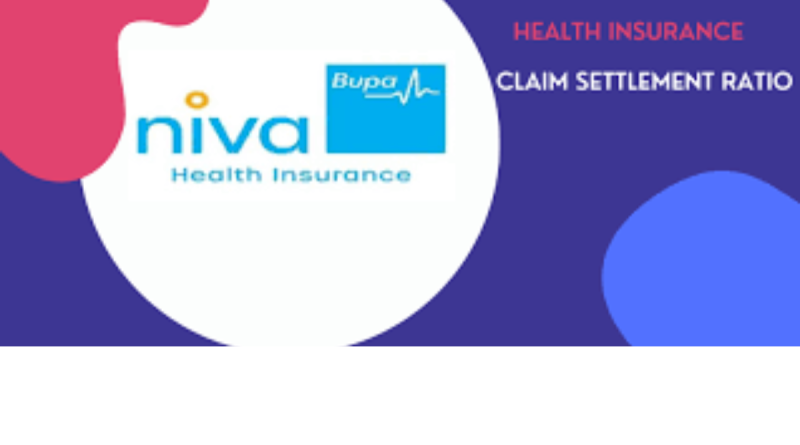A Diagnosis of Healthcare and Insurance in a Non-Metro City
When it comes to healthcare, non-metro cities often present a unique set of challenges and opportunities. These places differ greatly from their metropolitan counterparts in terms of healthcare access and the role of health insurance. In this article, we delve into the nuances of healthcare in non-metro cities, shedding light on the importance of healthcare insurance in ensuring affordable and accessible medical services.
Healthcare Landscape in Non-Metro Cities
Non-metro cities often grapple with limited healthcare infrastructure, including a scarcity of hospitals, clinics, and specialised medical facilities. This scarcity can lead to increased pressure on existing healthcare institutions, resulting in longer waiting times and potential challenges in accessing immediate medical attention.
Further, while some non-metro cities boast commendable healthcare facilities, the quality of services may vary across regions. Rural areas might face challenges in attracting and retaining skilled medical professionals, affecting the overall healthcare quality. As a result, residents may need to travel to nearby urban centres for specialised treatments. This highlights the need for effective medical insurance coverage.
Importance of Medical Insurance in Non-Metro Cities
A health insurance policy can help overcome the above-mentioned challenges and improve the health outcomes of non-metro residents in the following ways:
Financial Safety Net
A family health insurance plan serves as a crucial financial safety net, especially in non-metro cities where out-of-pocket expenses for medical treatments can be a significant burden. A well-structured health plan helps individuals manage unexpected medical costs, ensuring that financial constraints do not compromise their health.
Access to Quality Healthcare
In non-metro cities, medical insurance plays a pivotal role in providing access to quality healthcare. With the possibility of limited local medical facilities, healthcare insurance enables individuals to seek treatment in larger hospitals or specialised clinics in nearby urban areas without worrying about exorbitant expenses.
Preventive Healthcare
Preventive healthcare is an integral aspect of overall well-being. Health insurance plans often include coverage for routine check-ups, vaccinations, and screenings. This is particularly important in non-metro cities where the availability of preventive healthcare services may be limited. Regular check-ups facilitated by medical insurance can aid in early detection and timely intervention.
Challenges Faced by Residents
While it is undeniable that healthcare insurance is essential for handling medical emergencies, non-metro residents encounter the following challenges when attempting to obtain insurance coverage:
Limited Awareness
One of the primary challenges in non-metro cities is the limited awareness of the importance and benefits of medical insurance. Many residents may not be well-informed about available insurance options or may underestimate the need for coverage until a medical emergency arises.
Affordability Concerns
The perception that insurance premiums are an additional financial burden can deter people from investing in coverage. It is essential to explore affordable policy options tailored to the specific needs of non-metro residents.
Lack of Customised Policies
The healthcare needs of individuals in non-metro cities may differ from those in urban areas. Tailoring health policies to address the specific health challenges and requirements of non-metro residents is crucial. Insurers should consider factors such as local health demographics, prevalent diseases, and access to healthcare facilities when designing policies for these regions.
Initiatives to Improve Healthcare and Insurance Coverage
The following points explore some strategies that can help non-metro residents obtain adequate healthcare and comprehensive insurance coverage:
Community Outreach Programmes
Government bodies, NGOs, and insurance providers can collaborate to launch community outreach programmes focused on educating non-metro residents about the importance of health policies. These programmes can address misconceptions, provide information about available policies, and offer assistance in the enrollment process.
Affordable Health Policies
Insurers can play a proactive role in enhancing accessibility by designing health policies that cater specifically to the financial capacities of non-metro residents. Offering affordable premiums, flexible payment options, and comprehensive coverage tailored to local healthcare needs can encourage wider adoption of medical insurance.
Telemedicine Solutions
The integration of telemedicine solutions can bridge the gap in healthcare accessibility in non-metro cities. Teleconsultations, remote monitoring, and virtual healthcare services can provide individuals with timely medical advice and reduce the need for extensive travel to urban centres for routine consultations.
Summing Up
In the diagnosis of healthcare and medical insurance in non-metro cities, the need for tailored solutions and increased awareness stands out. Health insurance plans from Niva Bupa act as a beacon of financial security, offering residents the assurance that their health needs are covered without the fear of overwhelming expenses. Check out the diverse plans offered by Niva Bupa from their website and select the best health insurance plan for your healthcare needs based on your specific location.

